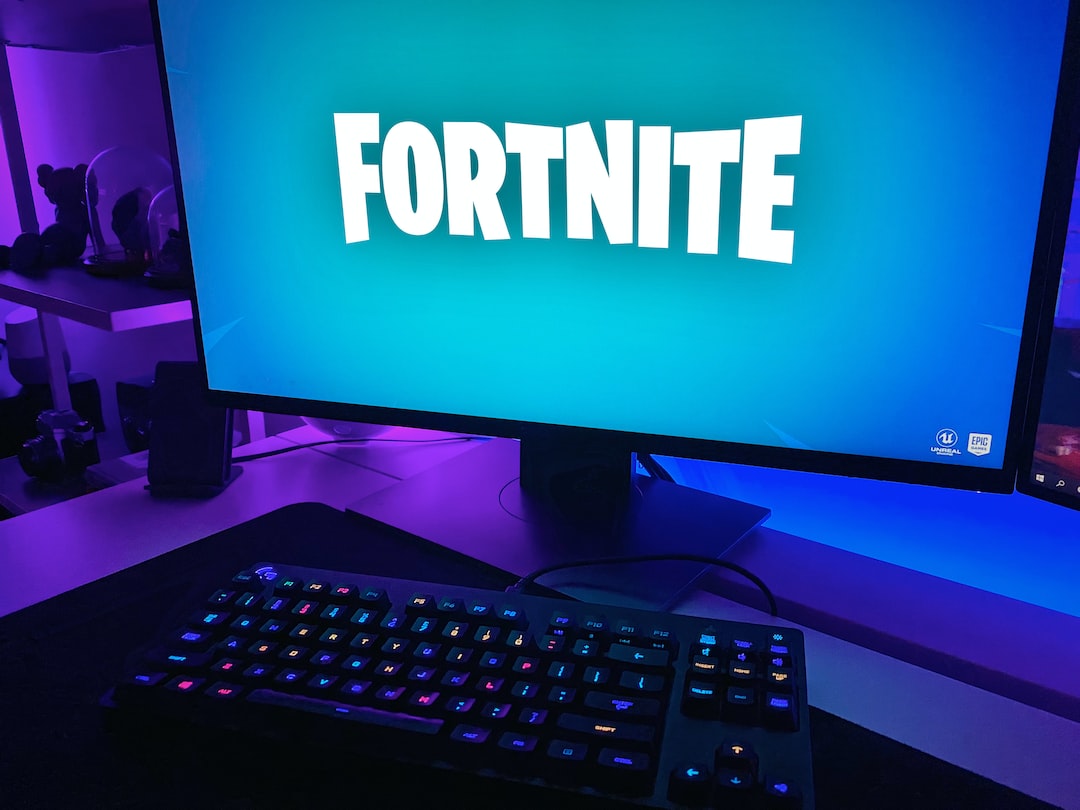From PC to Console: Pros and Cons of Gaming Platforms
Gaming has become an integral part of our lives, and with advancements in technology, we now have a plethora of gaming platforms to choose from. Two of the most popular platforms are PC (personal computer) and Console. Each platform has its own set of advantages and disadvantages, and in this blog post, we will explore the pros and cons of both.
Let’s start with PCs. One of the biggest advantages of gaming on a PC is the versatility it offers. PCs have an immense library of games to choose from, spanning across various genres and themes. Additionally, PCs offer the flexibility to customize hardware components, allowing gamers to build a gaming rig that suits their specific needs and budgets. This customization option also means that PC gamers can enjoy high-end graphics and performance, giving them an immersive gaming experience.
Another advantage of PC gaming is the potential for modding. Modding involves modifying games to add new content or tweak the existing one. This creative aspect of PC gaming allows players to personalize their gaming experience and even share their creations with the gaming community. The modding community is known for enhancing the longevity of games, giving players new ways to enjoy their favorite titles long after their release.
On the downside, PC gaming can be quite expensive. Building a high-end gaming PC can be a significant investment, especially if you want to future-proof your setup. Additionally, PCs require regular upgrades to keep up with the latest game releases, which can add to the overall cost. Moreover, PC gaming often requires technical know-how, as troubleshooting and dealing with compatibility issues can be more complicated compared to consoles.
Now, let’s explore the pros and cons of gaming on consoles. One of the biggest advantages of consoles is their simplicity and ease of use. Consoles are designed specifically for gaming, and they offer a plug-and-play experience. You don’t need to worry about hardware specifications or compatibility issues; just insert the game disc or download the game, and you’re ready to play. This accessibility makes consoles a great option for casual gamers or those who prefer a hassle-free gaming experience.
Another advantage of consoles is the exclusive game titles they offer. Game developers often release exclusive titles for specific consoles, meaning you can only play certain games on a particular console. This exclusivity can be a major selling point for console gaming enthusiasts, as it offers unique gaming experiences that cannot be replicated on other platforms.
However, consoles have their limitations too. One major drawback of console gaming is the lack of customization options. Unlike PCs, consoles have fixed hardware specifications that cannot be upgraded or modified. This means that console gamers may not always enjoy the best graphics or performance, especially when compared to high-end gaming PCs. Additionally, consoles typically have a shorter lifespan as new generations are released every few years, requiring gamers to upgrade if they want to access the latest games and features.
In conclusion, both PC and console gaming platforms have their merits and drawbacks. PC gaming offers versatility, customization options, and modding capabilities, but it can be costly and require technical expertise. On the other hand, console gaming provides ease of use, exclusive titles, and a user-friendly experience, but lacks customization options and may require frequent upgrades.
Ultimately, the choice between PC and console gaming depends on personal preferences, budget, and desired gaming experience. Whether you opt for the flexibility of a PC or the simplicity of a console, one thing is certain – gaming is here to stay, and it’s up to you to decide which platform suits you best.

